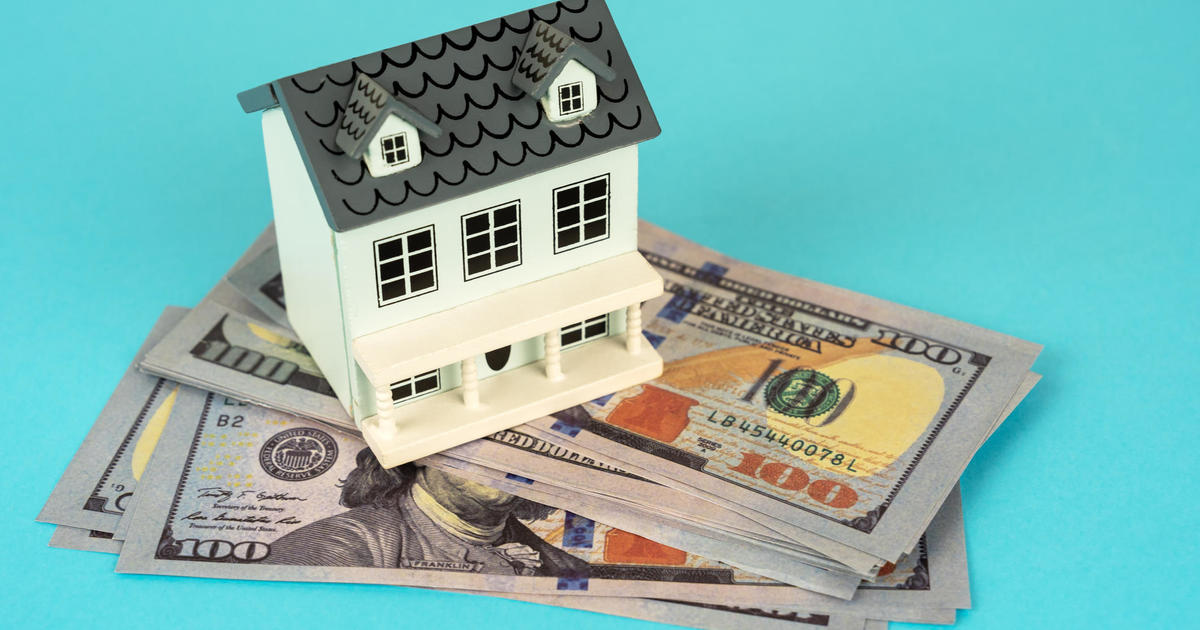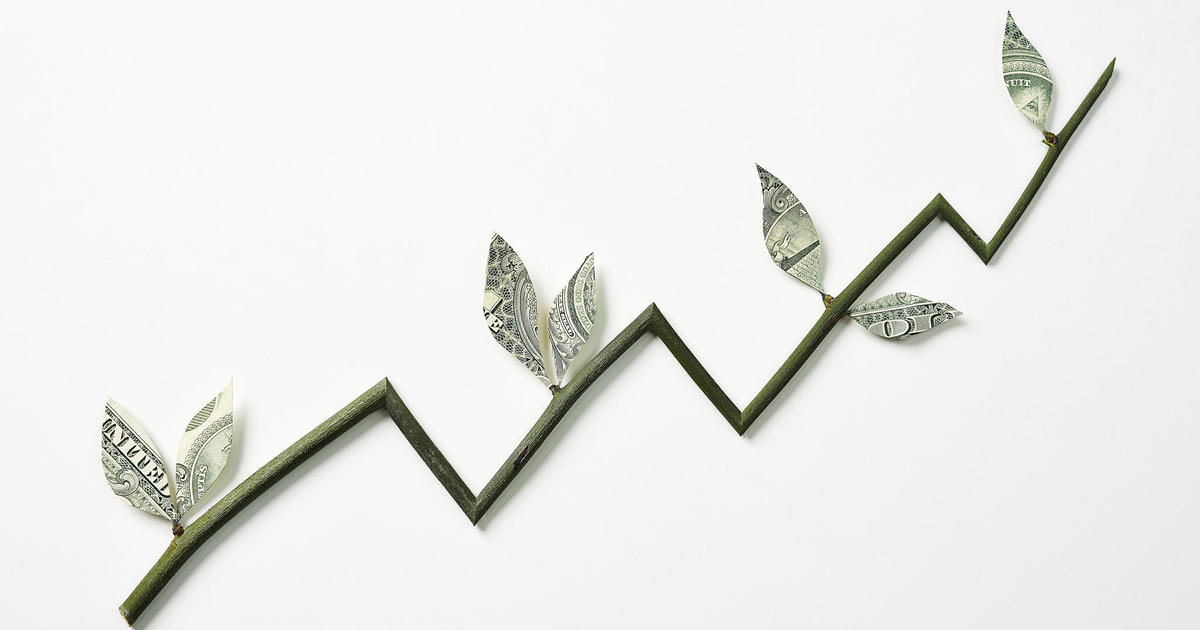Coronavirus stock plunge nears $4 trillion, spoiling bull market's 11th birthday
The stock market shock caused by the coronavirus could spoil a big party for Wall Street: The bull market's birthday. Monday, March 9, will mark the 11-year anniversary of the end of the market's financial crisis-era meltdown. Stocks began rising in March 2009 — well before the economy had turned around — and have been climbing ever since.
That came to a screeching halt in mid-February, when fears about the spread of the novel coronovirus landed on Wall Street. And the rough ride seemed set to continue Friday on Wall Street. Stocks opened sharply lower, with the Dow falling more than 800 points. Government bond yields sunk to new lows, indicating a surge of investors looking for safety.
But stock prices rebounded sharply later in the session. The Dow rose more than 500 points in the last hour of trading, apparently on hopes that the Federal Reserve, which cut its key short-term lending rate by 0.5 percentage points this week, could cut them again next week.
In the end, it was a down day for Wall Street, but losses were milder. The Dow closed down more than 250 points, or a drop of 1%. The S&P 500 fell 1.7%, and the technology-heavy Nasdaq lost 1.9%. For the week, the S&P 500 rose slightly, although it remains down nearly 11% over the last two weeks.
Driving stocks lower for most of the day on Friday appeared to be fear that the economic damage from the coronavirus outbreak could be bigger than previously thought. Not even February's strong jobs report, which showed that the pace of hiring rose last month as employers added more than 270,000 to their payrolls, was enough to lift investors spirits Friday.
U.S. government debt prices rose, and the yield (which moves in the opposite direction of prices), on the 10-year Treasury note dropped to 0.71% in a sign that investors are looking for safety. Gold prices also rose as investors ducked for cover.
On the other hand, the price of oil fell 3.8% as investors doubted whether OPEC can agree with Russia on cutting production to combat falling demand.
U.S. stocks followed a drop for world stock markets overnight. Pessimism prevailed over hopes that central bank action could counter the economic disruption from the virus outbreak.
The Fed's own emergency 0.5 percentage point cut in interest rates earlier this week has done little to subdue fears. Markets have endured roller coaster ups and downs for weeks amid uncertainty over how much damage the outbreak of the new coronavirus will do to the global economy. In all, the 500 stocks in the S&P 500 have lost a total market value of nearly $3.5 trillion since the market's February peak.
"At this point no one can really explain why the markets behave the way they do, and what may be next. The only thing we can say is this high volatility is bad," said Ipek Ozkardeskaya, a senior analyst at Swissquote Bank.
The Chinese government, after shutting down most business and ordering tens of millions of people to stay home in the most stringent mass quarantine efforts ever, has been gradually urging companies to get back to work while taking precautions to protect their employees.
But it's virtually impossible to know just how close to normal the situation has become in such a vast country. Communist Party officials have a long tradition of embellishing on statistics to fit official targets. The financial magazine Caixin reported some companies are leaving lights and air conditioners running in empty offices and faking work records.
In China, shares have been steadying along with the outbreak, with the Shanghai benchmark gaining nearly 12% since scraping bottom on Feb. 3. But there are doubts about just how quickly businesses will recover.
"Markets have shifted from pricing temporary China weakness to a more protracted global event, which will see a good chunk of global GDP go up in smoke," Stephen Innes of AxiCorp. said in a report.
That has goaded central bankers into action, but no amount of easy credit will "get people on a flight to Milan or cruise ships to Venice and visiting St. Marks Square," he said.



